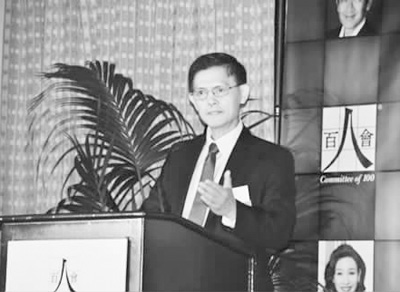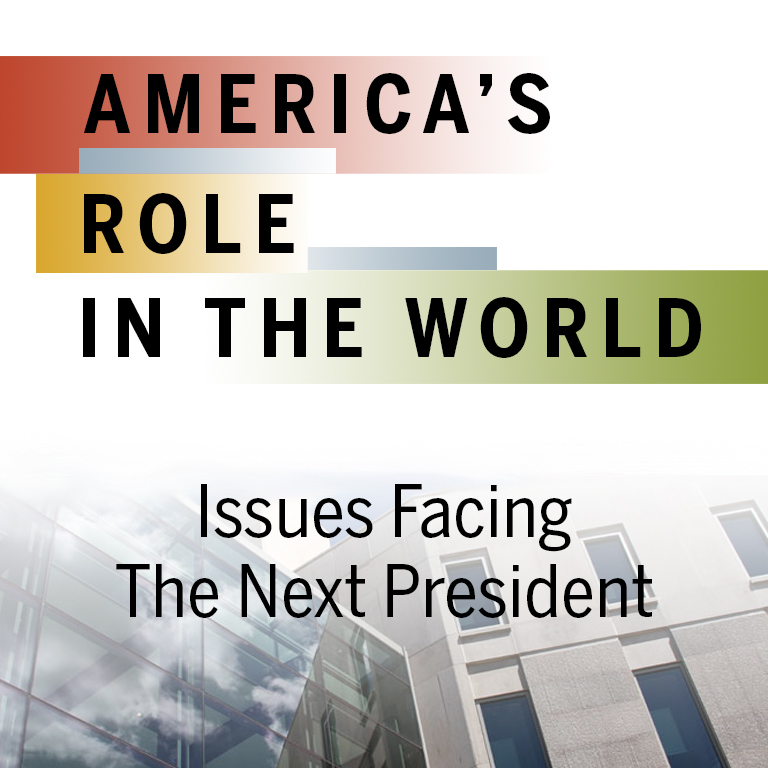
Why Are Foreign Chinese Scientists Frequently Confronted with Lies?
Xiaoxing Xi is the founding director of Temple University’s physics program, and was accused by the American government of violating secrecy agreements and funneling sensitive technology to Chinese enterprises in exchange for “a professional position of fame and fortune.” For this, Xiaoxing Xi was arrested. But many world famous physicists pointed out afterward the many mistakes made by U.S. investigators, testifying that Xiaoxing Xi did not provide China with any restricted technology. Four months later, United States Department of Justice investigators dismissed the charges, but professor Xiaoxing Xi’s career and reputation had already been severely harmed and his spirit thoroughly wounded.
Coincidentally, Xiafen Chen also had a similar experience. This Chinese-American hydrologist previously employed by the U.S. National Weather Service was accused of representing the Chinese government's interests in stealing top-secret data, but before the hearing, investigators suddenly withdrew the charges. Although this accusation was dismissed in the end, her contract with the National Weather Service had already been terminated. According to news reports, Xiafen Chen now not only faces the burden of legal debts, she is also unemployed.
Two outrageous espionage cases in one year have both ultimately wound up being a farce, which forces one to wonder: Why are Chinese-American scientists being viewed as spies? Following the increase of China’s national power, the United States has been slowly increasing its guard against China. Particularly in the field of science and technology and with respect to top-secret security information, the United States has been exhibiting a state of “oversensitivity.” Repeatedly accusing Chinese-Americans of “having their body in one place but their mind in another,” while using ambiguous proof reflects the rising uncertainty the United States feels toward China, casting a shadow upon normal Sino-U.S. relations. If this continues in the long run, it will create insecurity among scientists who are American citizens of Chinese descent, and cause them to worry that normal cooperation with Chinese enterprises and organizations will be met with suspicion.
The United States certainly has the right to take legal action against those who break the law but in no way should the U.S. fabricate information to do so. In interviews with the media, Xiaoxing Xi’s lawyer has asked: “If he was a Canadian-born American, a French-born American, or if he was originally from England, would he be listed on the government’s supervision list? The answer is clear. Xiaoxing Xi is not the first innocent Chinese-American scientists to get bogged down in espionage, but if Chinese-Americans don't take action against the U.S. government's 'overreaching,' he won’t be the last."**
Chinese-Americans are still subjected to much unfair treatment in the United States, but over the long term, they have seldom made their voice heard. The facts show that Chinese-Americans need to self-strengthen through unity and strive to achieve equal rights and destroy racial prejudices. Chinese-American scientists faced with unfounded suspicion of their work can in no way allow habitual thinking to form around defining Chinese-American scientists as Chinese spies.
*Editor’s note: The Committee of 100 is a group of prominent Chinese Americans dedicated to addressing issues important to the Chinese-American community and furthering U.S.-China relations.
**Editor’s note: Although accurately translated, this quote could not be independently verified.

